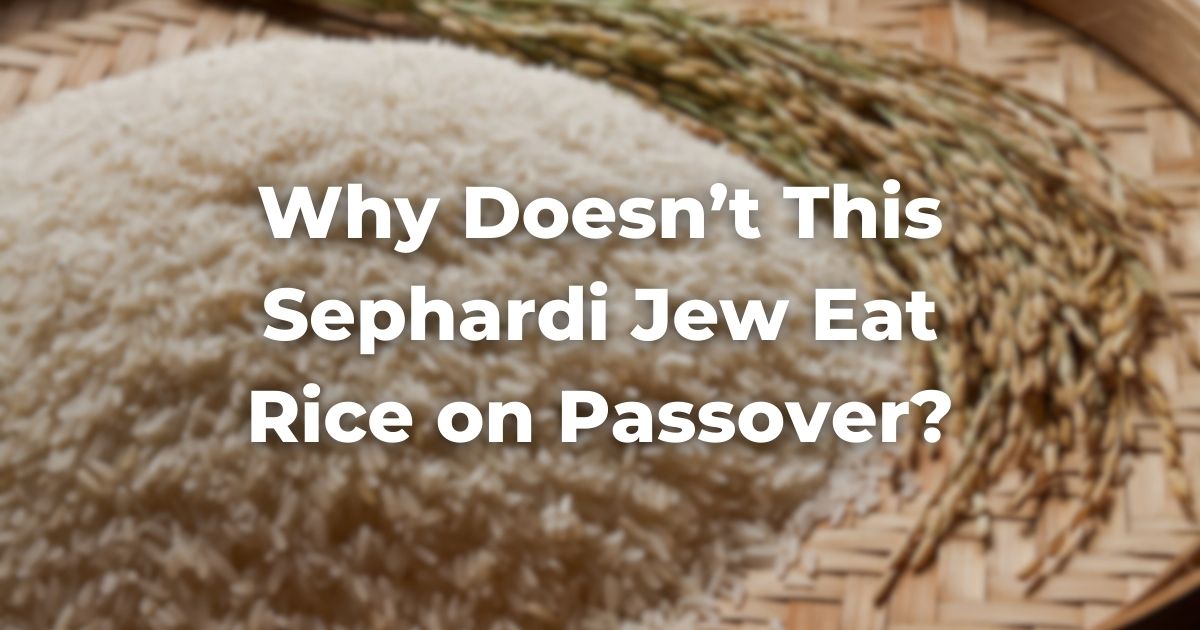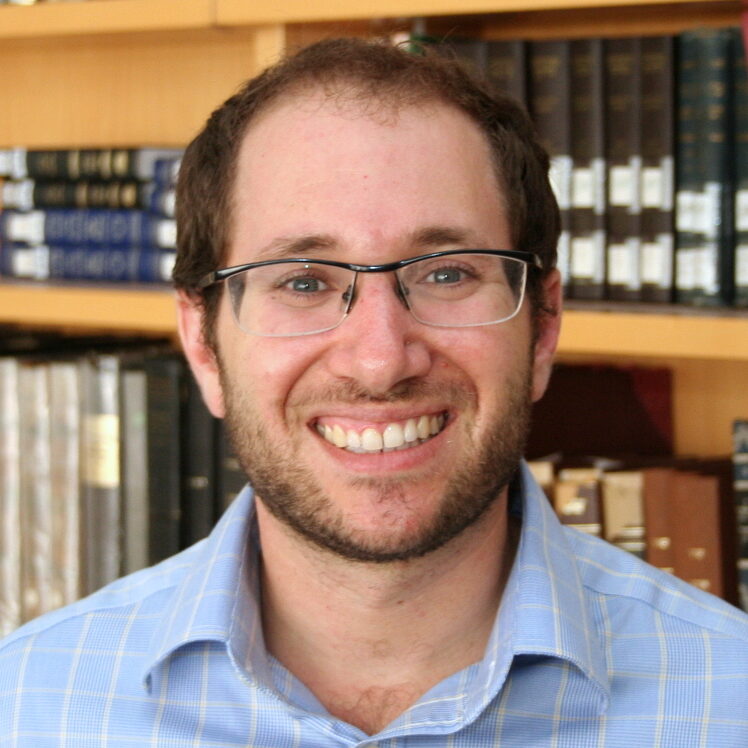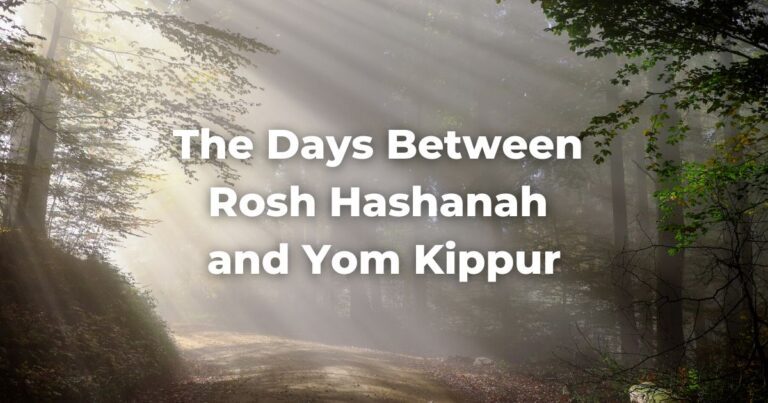Growing up with both Sephardi and Ashkenazi heritage in a largely Ashkenazi community, my family’s rich Jewish practice was generally a little bit unique and a little bit like everybody else.
At our seder, you could hear one of my grandmother’s singing in Galitzianer-accented Hebrew while the other one would recite passages of the Haggada in Ladino. The foods at our holidays meals were no exception, and it wasn’t uncommon for us to eat potato kugel next to kofte de prasa, leek patties.
Yet, there was one area where our family did not match the expectations that others have of Sephardim: our table was devoid of kitniyot, a broad category of food that includes legumes, seeds, rice and corn. As more and more Ashkenazi Jews have embraced the Conservative Movement’s lifting of this ban says, I find myself wondering what all of the excitement is about.
Is Passover about Freedom or Food?
I love Passover, both because of the themes it promotes and the way that it is celebrated.
I love the emphasis on freedom for all people. I love our ability to look at dark times in our history and see the light at the end of the tunnel. I love that we acknowledge that we have work to do for others when we are on top, and I love that we can derive strength from the Redeemer of Israel when we are feeling oppressed.
And while I do not love (nor am I particularly good at) the cleaning, I can embrace that our tradition calls on us to enter the holiday with real intentionality, by thinking about the holiday as we clean, shop, and cook, often days in advance.
To me, the culinary aspect becomes a part of the holiday’s charm, including the desire to gorge on soon-to-be forbidden foods as the holiday approaches.
Whose Custom is It Anyway?
For my whole life, those forbidden foods have not included hametz, the five forbidden grains, and foods with those grains mixed in, but also most kitniyot.
Despite the misconception, many Sephardim have the tradition to refrain from rice, perhaps because of its storage near wheat. Other Sephardim or Mizrachim gladly eat rice, but won’t eat chickpeas, hummus, whose name is so similar to hametz.
My father’s custom in Turkey was to eat fresh legumes but to eschew dried ones, that would expand while cooked, reminding us symbolically (though not legally) of hametz.
What’s the Big Deal?
I know very well that hametz, strictly forbidden to us on Pesach, and kitniyot, a tradition that some people refrain from, are not the same. We are strict about ridding our house of hametz and keep kitniyot in the pantry, in plain sight throughout the holiday. We will gladly eat at homes that serve kitniyot, and I will simply avoid eating the foods that I do not eat.
But I find incredible meaning in holding on to my family’s tradition.
I sadly do not speak the Ladino that my grandmother would chant at our seders when I was a child. But I can connect to my Turkish past by knowing that I am doing my best to eat what they permitted and avoid what they avoided. For those of us who are lucky to have family traditions, in whatever area of life they may be, I believe that we have a real gift that we should be careful to hold on to.
I know that I am not just following a communal norm of others but that I am continuing a tradition that I inherited directly from my father.
Some Customs are Worth Spreading
I appreciate that most of us Sephardim who grew up in Ashkenazi communities are constantly looking to highlight our traditions.
I have enjoyed the Ladino music of Sarah Aroeste as I get ready for holidays, and I am glad this year to add the modern Mizrahi music of Rabbi Yosef Goldman to my pre-holiday playlist.
Before Rosh HaShana, I have adopted the custom of saying the Selichot penitential prayers for the entire month, and particularly relish spaces that have Sephardi melodies led by people of all genders.
When I see others celebrating the eating of kitniyot while ignoring so many other cultural expressions of our heritage, I feel that something is missing. That the beauty of my past has been diminished to a desire to just eat more food. It would be truly wonderful for others to embrace and make space for our music, our teachings, and even acknowledging the complexity of the various cultures that comprise Sephardi and Mizrachi identity.
Inclusion is a Value, Kitniyot is Not
One of the most beautiful statements of the Passover seder is, “all who are hungry, come and eat.” Passover is a holiday that encourages us to go beyond our comfort zones and make sure that we share the blessings of our lives with others.
It is most unfortunate that some people have turned their custom to refrain from kitniyot into a boundary that prevents them from breaking matzah with others. We have an obligation to respect the variety of customs surrounding this home-based holiday, and indeed should go out of our way so that everyone in our community and everyone at our table can give expression to the customs they hold together.
And that is precisely why I won’t be eating rice, hummus, or tofu this Passover.
My family’s tradition matters, even if it doesn’t fit neatly into a box. And for those who have a different tradition, or no tradition at all – you too deserve respect, whether you follow the norms of your community or choose a path that works for you. And I’m sure we can find a way to eat together, even if our food is different.
Author
-

Rabbi Arie Hasit is the associate dean of the Schechter Rabbinical Seminary in Jerusalem. He was previously the founding rabbi of 70 Faces—Mazkeret Batya, a pluralistic community that sought to build bridges while proudly promoting egalitarian and traditional Judaism. Hasit grew up in Cherry Hill, NJ, and has lived in Israel since 2005.
View all posts






